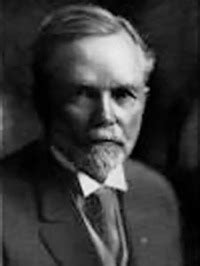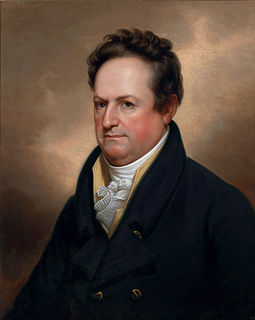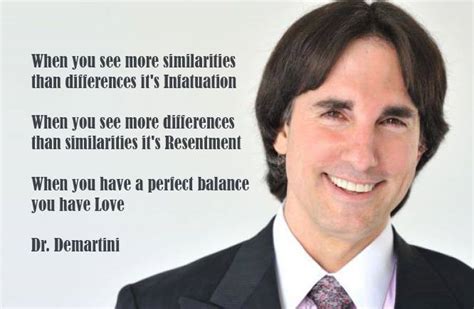A Quote by George S. Clason
Wealth that stays to give enjoyment and satisfaction to its owner comes gradually, because it is a child born of knowledge and persistent purpose.
Related Quotes
Many of the things that bring delight should not be owned. They are more enjoyed if another's, than if yours; the first day they give pleasure to the owner, but in all the rest to the others: what belongs to another rejoices doubly, because it is without the risk of going stale and with the satisfaction of freshness. . . the possession of things not only diminishes their enjoyment, but augments their annoyance, whether shared or not shared.
You obviously don't know what an Old Man of the Sea great wealth is. It is not a fat purse and time to spend it. Its owner finds himself beset on every side, at every hour, wherever he goes, by persistent pleaders, like beggars in Bombay, each demanding that he invest or give away part of his wealth. He becomes suspicious of honest friendship--indeed honest friendship is rarely offered him; those who could have been his friends are too fastidious to be jostled by beggars, too proud to risk being mistaken for one.
People are beginning to realize that self-knowledge is not an end in itself. It's for the purpose of better relationships, so that we can give to our community. You can give from overflow. It's very hard to give from emptiness. . . . People who avoid self-knowledge cause a great deal of pain to themselves as well as to their families and friends.
Opportunism towards knowledge is a utilitarian demand that knowledge must be immediately practical. Just like with sociology where we hope its purpose is to serve society, however, the true purpose of sociology lies in its impracticality. It cannot become practical or else it loses its meaning. Perhaps we should learn a different kind of knowledge: the knowledge to question knowledge.






































